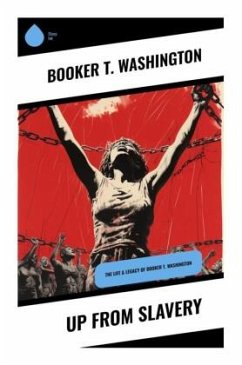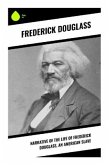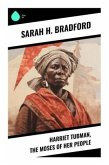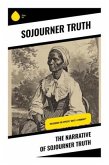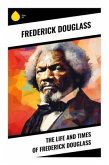In "Up From Slavery," Booker T. Washington crafts a compelling autobiographical narrative that chronicles his rise from the depths of slavery to becoming a leading educator and civil rights advocate in post-Reconstruction America. Written in a direct and unembellished literary style, the book reflects Washington's pragmatic approach to the challenges faced by African Americans in the late 19th and early 20th centuries. His reflections on resilience, self-help, and the importance of vocational education situate the work firmly within the broader discourse of African American literature and the socio-political landscape of his time, offering vital insights into the struggles for dignity and progress during a deeply segregated era. As the son of a slave and an influential figure in the establishment of the Tuskegee Institute, Washington's life experiences were pivotal in shaping the themes of his work. His philosophy of gradualism in the quest for equality, often contrasted with more militant perspectives of contemporaneous figures, such as W.E.B. Du Bois, reveals the complexities of African American identity and agency during that transformative period in American history. "Up From Slavery" is not merely an account of a personal journey; it is a critical text that resonates with contemporary readers facing their own struggles against adversity. Washington's teachings on self-empowerment and vocational training remain relevant, making this work essential reading for anyone interested in the enduring themes of perseverance, education, and the quest for social justice.
Bitte wählen Sie Ihr Anliegen aus.
Rechnungen
Retourenschein anfordern
Bestellstatus
Storno

